Design Principles for Staircase And Types
A staircase is an integral part of a structure; an Accommodation building, an office, or public mileage. It’s designed and erected according to the original structure canons. Definition of Stair |Technical Terms |Design Principles for Staircase |Summary of Staircase Design Principles |Properties of a Good Stair |Types of Stairs |Design Principles for Staircase And Types.
Design Principles for Staircase And Types
Definition of Stair
A staircase is an integral part of a structure; an Accommodation building, an office, or public mileage. It’s designed and erected according to the original structure canons. A staircase may be straight, indirect, burned, or helical. Ergonomic design principles are to be followed in the planning and construction of stairs to avoid vexation to the druggies as well as to avoid accidents.
Design Principles for Staircase
Stairs are a series of ways arranged in an order to give access from one bottom of a structure to another bottom. They should be handed in an accessible position of the structure. In the case of a multistory structure, though elevators will be there for the normal movement from one bottom to another, stairs are a must-have for exigency exit in case of fire or other disasters.
Technical Terms For Staircase
The following are the specialized terms associated with a stair.
Step
The portion of the stair where the bottomlands during thrusting descending.
Tread
The vertical portion of a step.
Riser
The perpendicular part of a step.
Stringer
The inclined member who supports the way.
wharf/Landing
It’s the vertical platform handed at the end of each flight.
Pitch
It’s the pitch of the stair.
Rail
This is the inclined part of a stair that one is to support the hand. using for descending or thrusting.
Baluster
It’s the perpendicular intermediate support of the handrail.

Properties of a Good Stair
some good properties of the stairs are the following.It should have easy access from all sides of the structure It should be well breezy It should have a wide wharf at end of each flight typically there shouldn’t be further than 12 ways in a flight. The rise and go of the way should be so proportioned that the thrusting and descending of the flight is easy. Handrail must be handed at least on one side of the stair The inclination of the stair should be between 30 to 45 degrees.
Types of Stairs
The different types of stairs are
- Straight stairs Quarter-
- turn stairs Canine-
- lawful stairs Open-
- newel stairs
- indirect stairs
- Bifurcated stairs
- Geometrical stairs
- helical stairs
- Construction of Stairs
- Stairs are constructed with any of the following accouterments.
Summary of Staircase Design Principles
Type of Stair The type of stair depends on the type of structure, the vacuity of space, and the purpose of the stair. Riser and thread are the standard sizes of 15 x 25 cm. still the confines can be changed depending on the factual point conditions.
Total rises =Total Height of room/01 rise
Total Treads=total rise-1
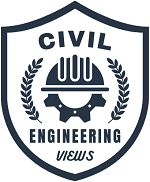
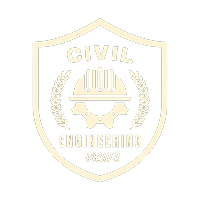
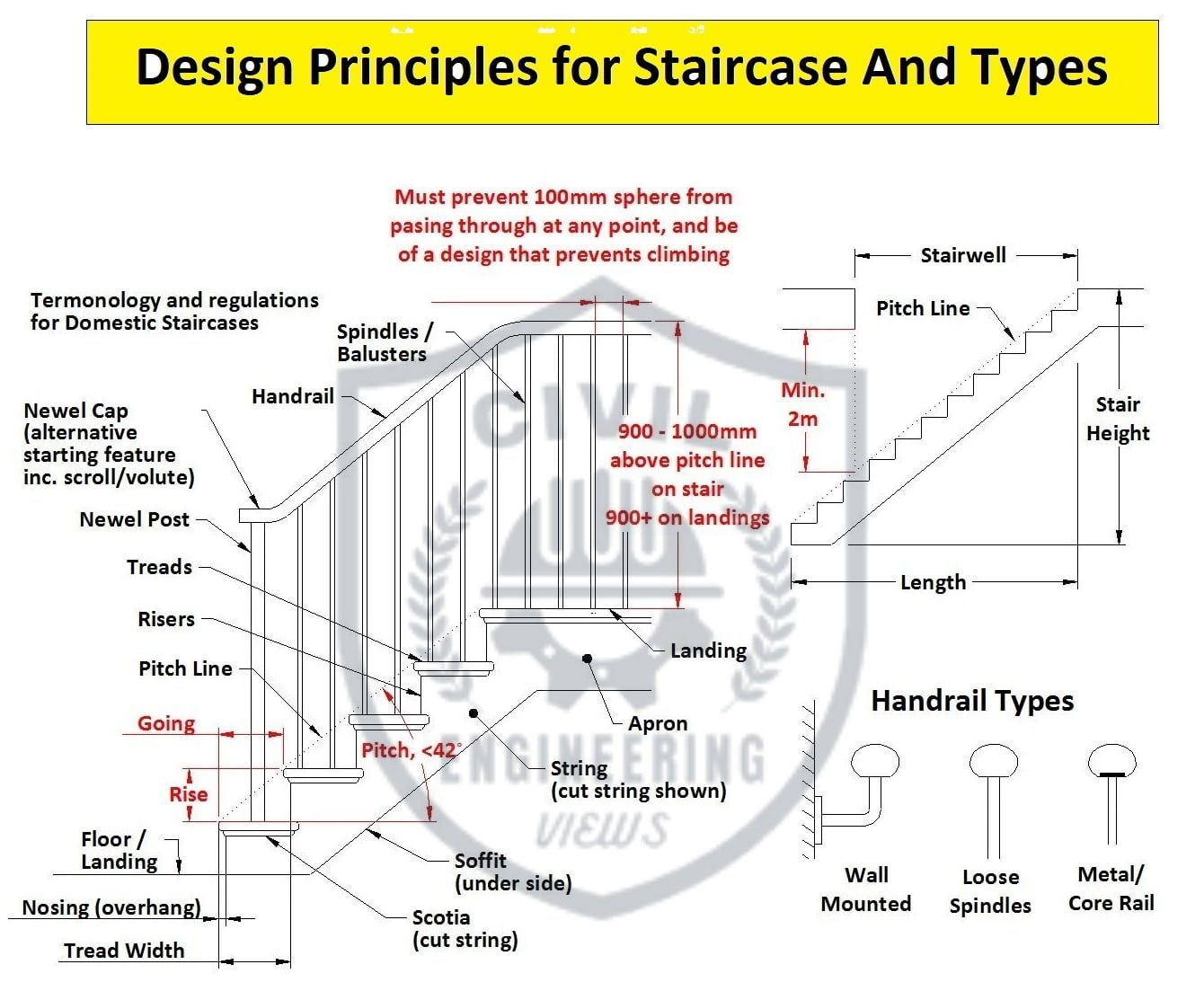
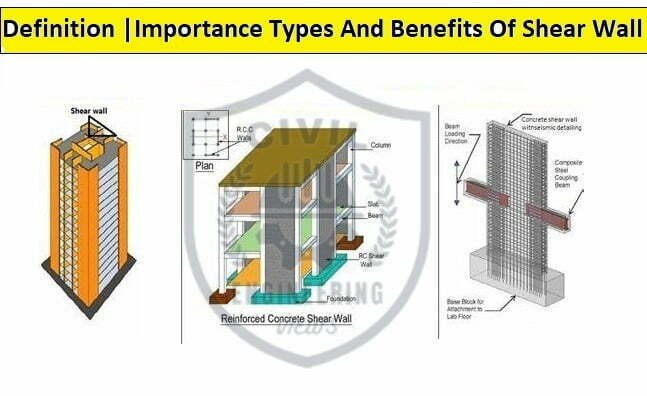
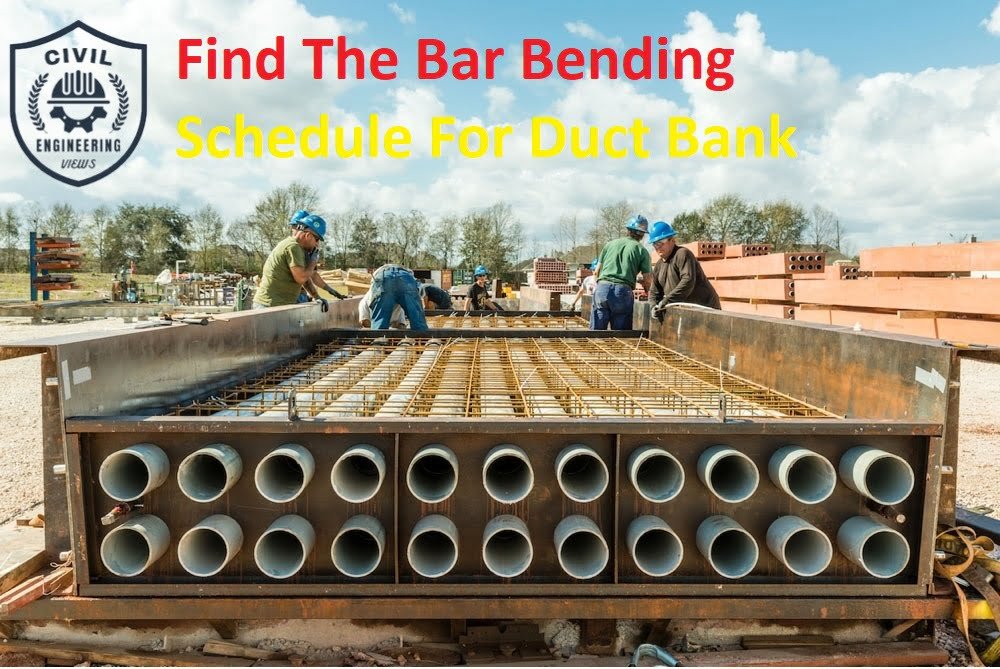
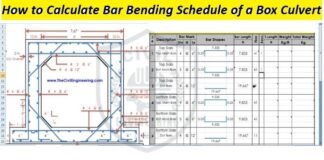






[…] Design Principles for Staircase And Types […]
I like the way you go about this calculations